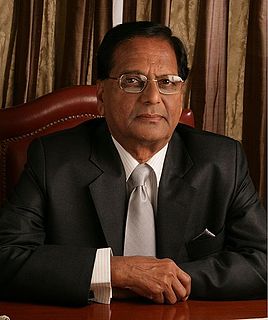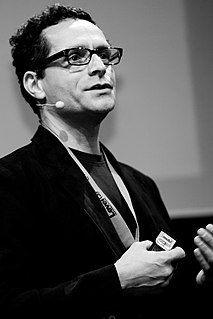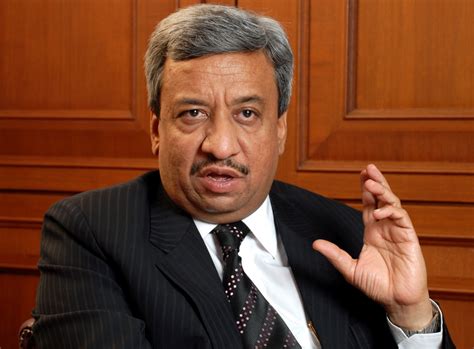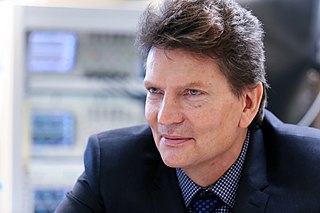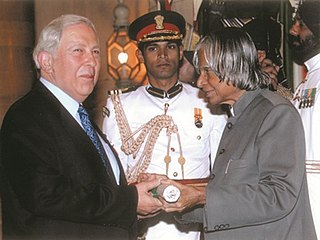A Quote by Kallam Anji Reddy
To start with, pharma was an industry based on innovation, drug discovery.
Related Quotes
We've got to get our drug industry back. Our drug industry has been disastrous. They're leaving left and right. They supply our drugs, but they don't make them here, to a large extent. And the other thing we have to do is create new bidding procedures for the drug industry because they're getting away with murder.
If you look across the economy, if you have multiple players in an industry, you have more customization, more innovation, greater choice for consumers. The more you have consolidation, the less likely you are to invest in innovation. It becomes all about driving down cost and mass production. And that's not good for innovation in an industry.
While many have been left behind by Part D, there is a clear winner: the drug industry. Independent analysts predict that Part D will increase drug industry profits by $139 billion over the next eight years. Glaxo-SmithKline's second-quarter net income already jumped 14 percent, and other leading drug companies also have benefited.
Intellectual-property rules are clearly necessary to spur innovation: if every invention could be stolen, or every new drug immediately copied, few people would invest in innovation. But too much protection can strangle competition and can limit what economists call 'incremental innovation' - innovations that build, in some way, on others.
